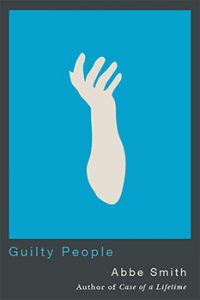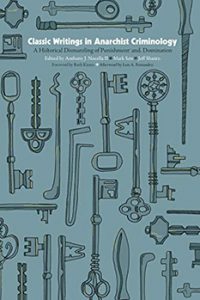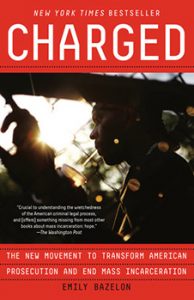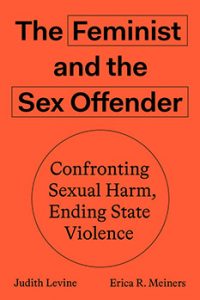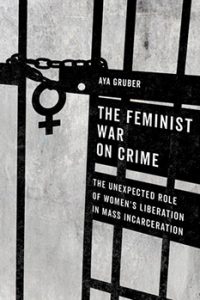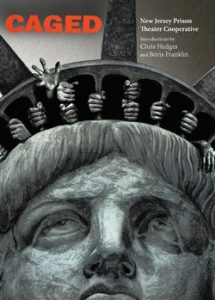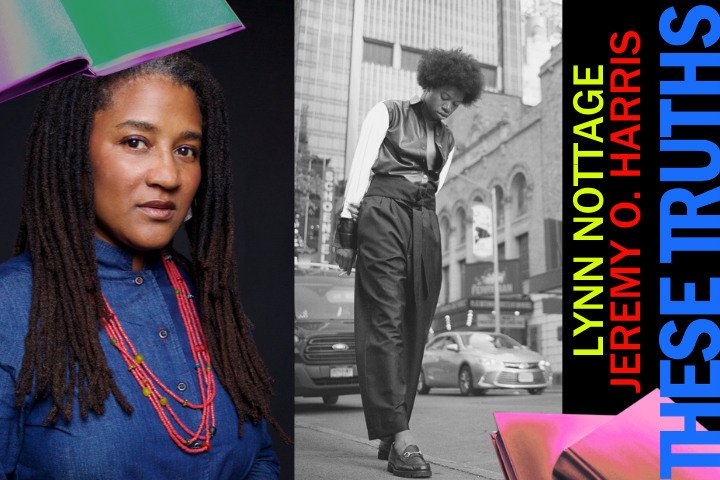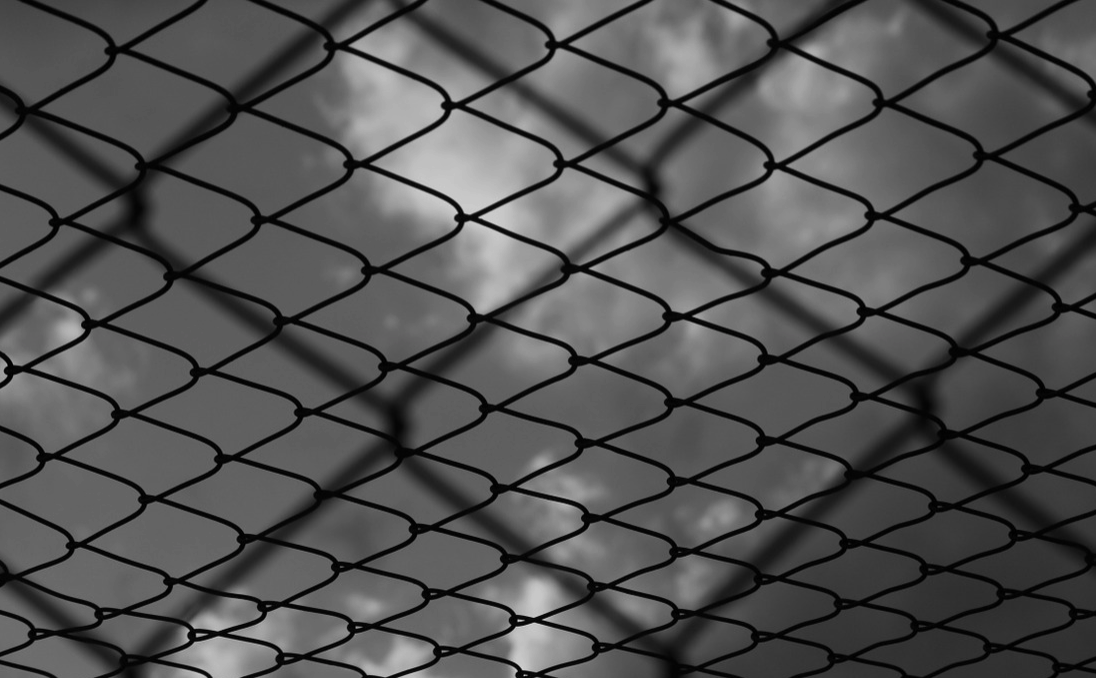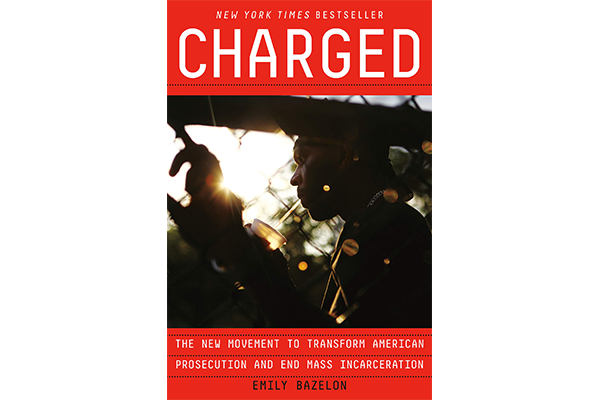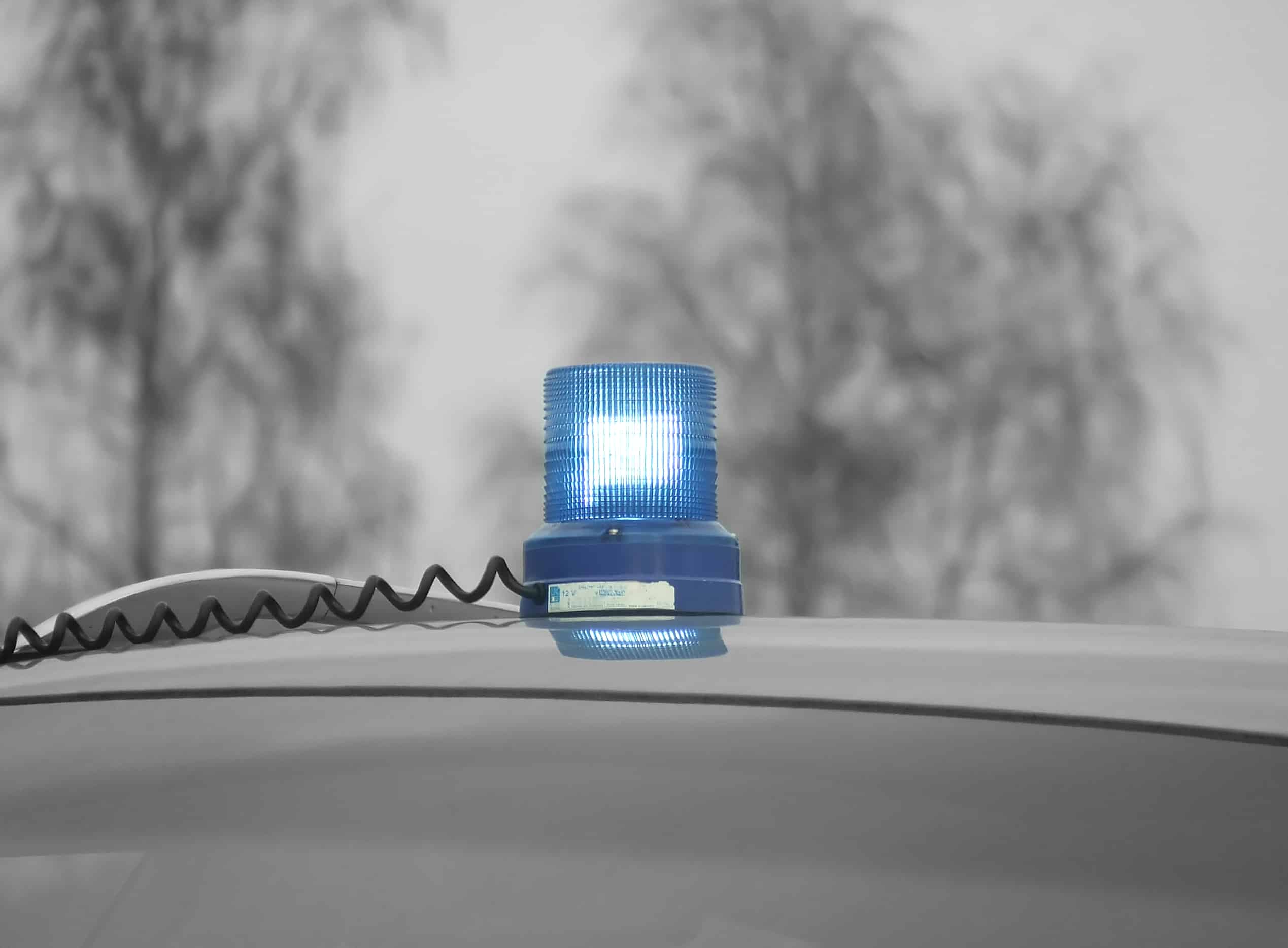As an organization that champions the critical role of literature in bearing witness, we are sensitive to the pandemic’s impact on authors committed to challenging and exposing the carceral state. Temperature Check, Volume 7: The Literary Issue temporarily shapeshifts in format to support those writers with recent releases that contribute to critical public dialogue about mass incarceration, forefronting ideas and concepts that will remain urgent after the pandemic subsides. View the full issue here.
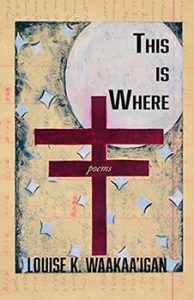 Admitting the Darkness:
Admitting the Darkness:
A review of This Is Where by Louise K. Waakaa’igan
By Stella Brice
In the title poem of her debut collection This Is Where (Willow Books), Louise K. Waakaa’igan (Karol House) employs indelible sensory detail to describe her upbringing at the Odaawaa Zaaga’iganiing (Lac Courte Orielles) Reservation in northern Wisconsin:
I’m from Six Mile.
49n up the driveway, sitting on green
boxes watching cars.
Sometimes their doors didn’t match. . .
I’m from women with the same last name
and a father
none of us knew. . .
I’m from a single-parent household.
Michael Jackson cassette tapes,
Purple Rain posters and latch–key kids.
Title V programs, commods on pantry shelves,
cucumbers from Grandpa Jake’s garden
and a mean ol’ dog name Turkey.
Waakaa’igan wrote this collection in the permanent biboon (winter) of prison: “my hands are never warm. / Am I not created for more? . . . The crude cement cell block erases the moon…I am not home.” (from “Within”). In this brutal setting, memory can serve as a refuge and a soul-saving escape, as when the quiet warmth and perfume of her mother’s garden delicately appear at the end of “Break Me”: “may I / plant lilies and cherry blossoms, / entwining thyme / and sage as ni mama did?” Yet memory can also be a borderline horror story and a wounding trap as in “Remember”:
Once
on a cold cement staircase,
under a welcoming sunrise,
he bit me.
Repeatedly, emptying
boozy sorrow on my pale flesh,
Freeing relentless scavengers
scarring me deep
within.
Is this my destiny?
In “My Spine,” she recognizes “the harshness of this imprisoned / reality.”; then she commits the radical ritual act of washing her spine with her own calm breath. Waakaa’igan is a serious poet in a serious place—both psychic and physical. She admits the darkness. She acknowledges the bones scattered on the floor. She does not turn away from the wounding, from the “corruptive, shy bruises invading my privacy.” She courageously inhabits her body of “contradiction: “Broken / and healing, / miraculously, / pitifully.” (“Remember”).
About the reviewer
Stella Brice is the author of Urged (or, How Sex & Death Lift Up My Granny) (Purple Flag Press), Wait ’Til I Get Fatter (running onion/VAC), and Creatures (forthcoming from Inkira Press). For the past three years, she has served as a mentor for the PEN America Prison Writing Program, and a member of the Prison Writing Committee.

